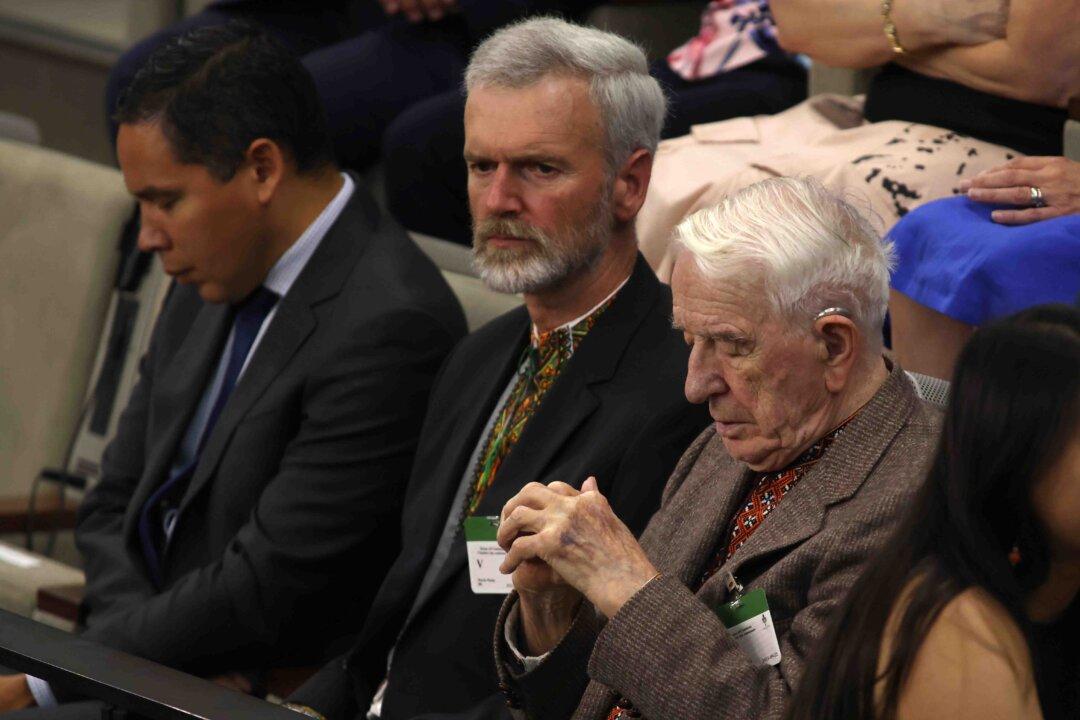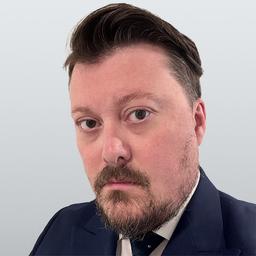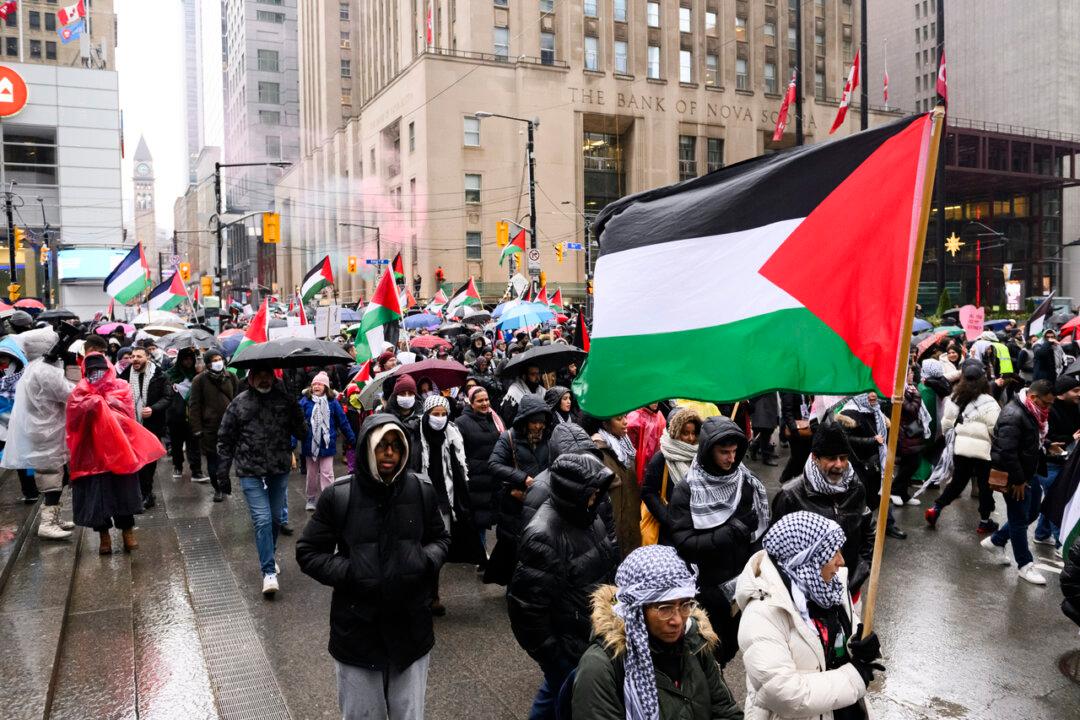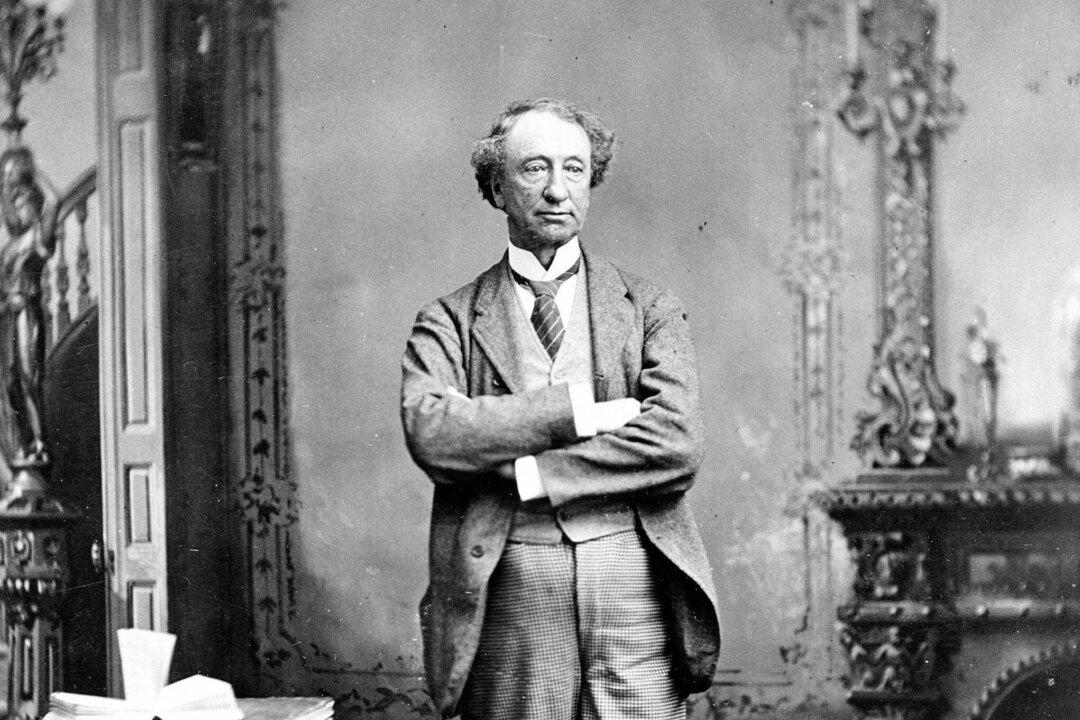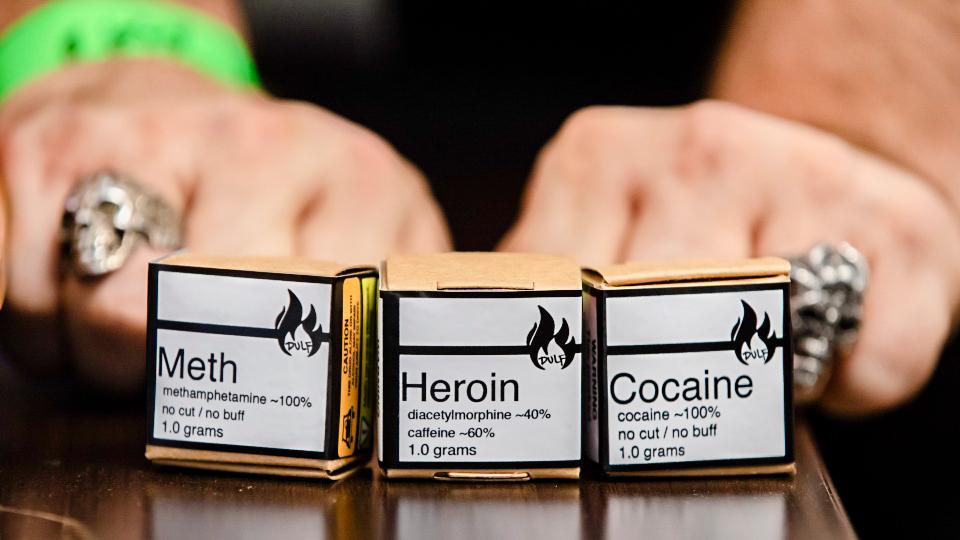The Ukrainian Canadian Congress has denied that it played any role in the invitation and acknowledgement of Nazi veteran Yaroslav Hunka to the Canadian Parliament last September during the Ukrainian president’s visit.
CEO of the Congress Ihor Michalchyshyn testified in front of the House Affairs Committee on March 21 and claimed that his organization had no contact with the office of the speaker of the House regarding the invite, Blocklock’s Reporter first reported.
